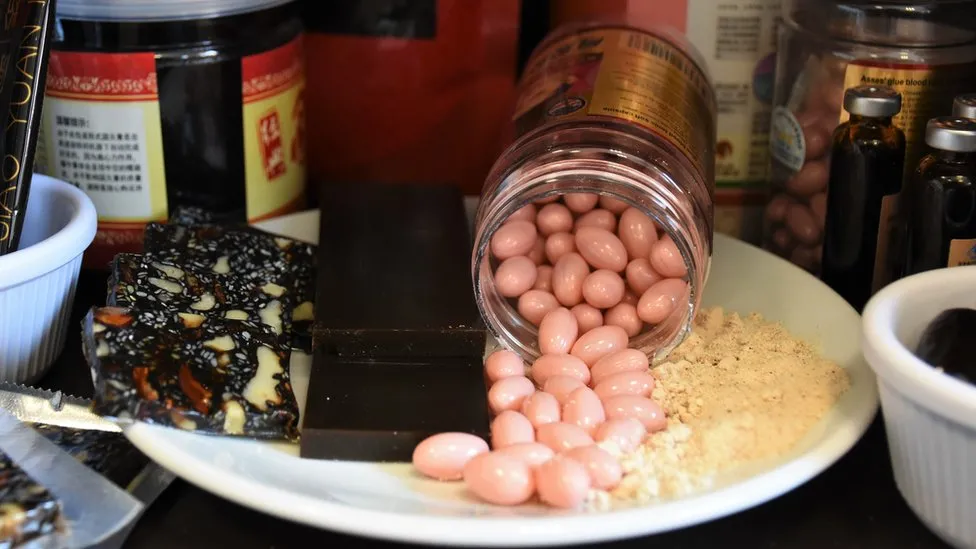Millions of donkeys killed each year to make medicine

To sell water and make his living, Steve relied completely on his donkeys. They pulled him in his cart loaded with its 20 jerry cans to all his customers. When Steve’s donkeys were stolen for their skins, he could no longer work.
That day started like most others. In the morning, he left his home in the outskirts of Nairobi and went to the field to get his animals.
“I couldn’t see them,” he recalls. “I searched all day, all night and the following day.” It was three days later that he got a call from a friend telling him he had found the animals’ skeletons. “They’d been killed, slaughtered, their skin was not there.”
Donkey thefts like this have become increasingly common across many parts of Africa – and in other parts of the world that have large populations of these working animals. Steve – and his donkeys – are collateral damage in a controversial global trade in donkey skin.
Its origins are thousands of miles from that field in Kenya. In China, a traditional medicinal remedy that is made with the gelatin in donkey skin is in high demand. It is called Ejiao.
It is believed to have health-enhancing and youth-preserving properties. Donkey skins are boiled down to extract the gelatin, which is made into powder, pills or liquid, or is added to food.
Campaigners against the trade say that people like Steve – and the donkeys they depend on – are victims of an unsustainable demand for Ejiao’s traditional ingredient.
In a new report, the Donkey Sanctuary, which has campaigned against the trade since 2017, estimates that globally at least 5.9 million donkeys are slaughtered every year to supply it. And the charity says that demand is growing, although the BBC was unable to independently verify those figures.
It is very difficult to get an accurate picture of exactly how many donkeys are killed to supply the Ejiao industry.
In Africa, where about two-thirds of the world’s 53 million donkeys live, there is a patchwork of regulations. Export of donkey skins is legal in some countries and illegal in others. But high demand and high prices for skins fuel the theft of donkeys, and the Donkey Sanctuary says it has discovered animals being moved across international borders to reach locations where the trade is legal.
However, there could soon be a turning point as every African state’s government, and the government of Brazil, are poised to ban the slaughter and export of donkeys in response to their shrinking donkey populations.
By BBC



